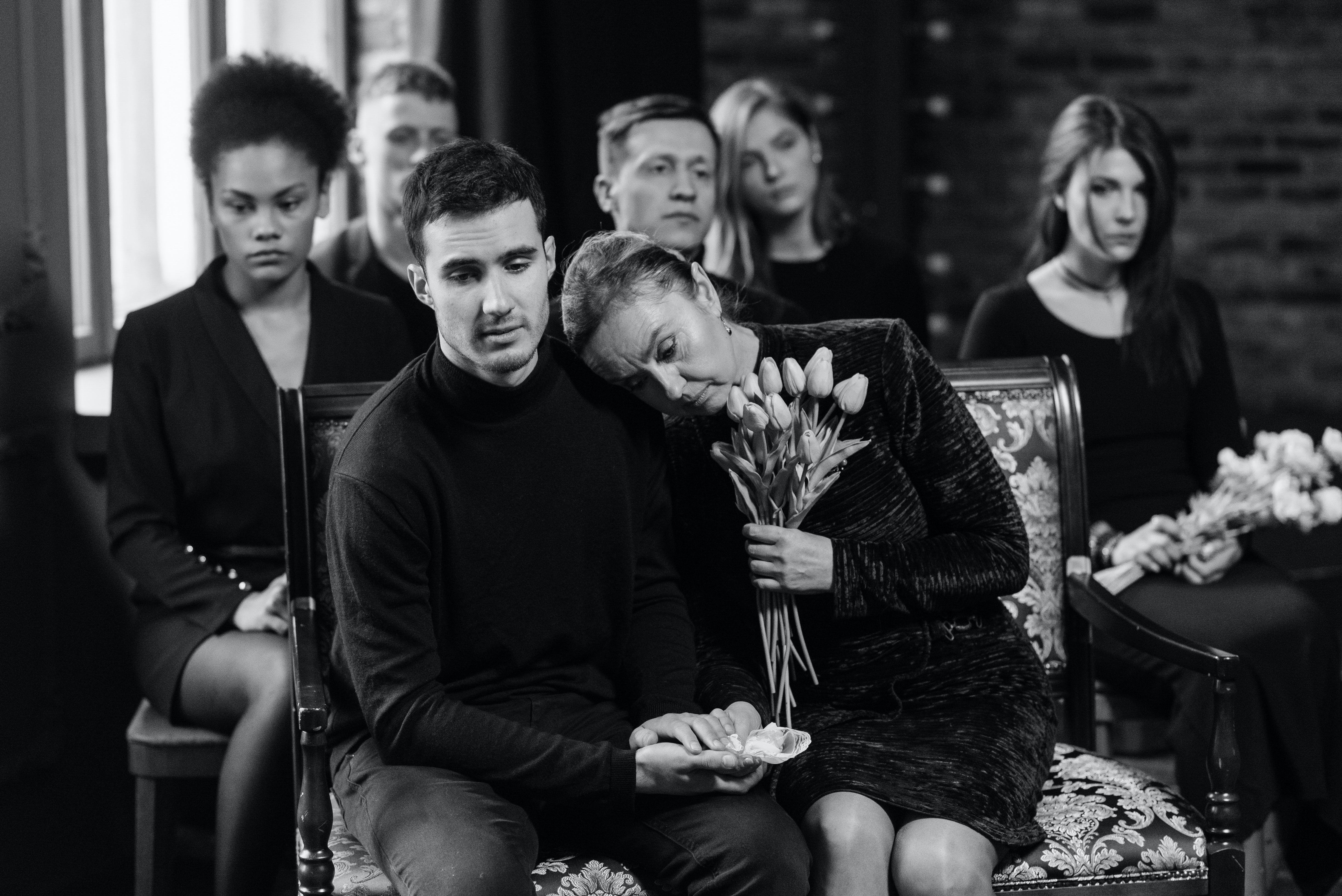Share This Article
The “Theos” centre is undertaking a research project in collaboration with the Susanna Wesley Foundation, exploring public attitudes towards death, dying and the afterlife in the UK and how COVID–19 has shaped the conversation and outlook on death.

According to the results of the study, a decrease in the role of religious figures in organizing funerals was revealed.
Religion has taken a back seat at British funerals, according to a new report into public attitudes towards death, dying and the afterlife.
The report, Ashes to Ashes, which was commissioned by the think tank Theos, revealed that more people were talking about death since the onset of the Covid-19 pandemic but that faith was less central to funeral rituals.
The report’s findings were expanded upon by Dr. Marianne Rozario, its co-author, in an online panel discussion hosted by the Religion Media Centre.
Dr Rozario told the virtual gathering that the study sought to explore trends and attitudes towards death, dying and the afterlife — and to examine what role churches and faith communities play in those.
“What do they offer to those who are dying and even to those who are bereaved,” she said. “The key message we wanted to convey is that death has such nuanced emotional complexities to it and while changes are occurring in common practices and trends are changing, there’s a real scope for churches and faith communities to reclaim a role that offers pastoral care and theological accompaniment.”
unique and original, there is no cutting and pasting of a name. It’s a tribute to an individual life. Our celebrants often spend as much as 10 hours on a ceremony and each is unique and a totally personal tribute to that one person.”
Rabbi Jonathan Romain of Maidenhead Synagogue said he had witnessed an “inordinate” amount of change when it came to funerals, with frequent requests for humanist ceremonies.
“What they actually mean is a funeral that’s more personalised in terms of the rituals, greater choice of music, of readings,” he said. “And these are not bad developments, I would say what we’re seeing is a democratisation of faith.”
Dr Rozario said their research observed “trends towards secular celebrations of life”. “For example,” she said, “I spoke to a celebrant who spoke about doing celebrations of life in village halls, in woodland settings, in a bar. And as well, we’re seeing different trends in terms of the storing of ashes, for example, in jewellery, and I think it’s really important for churches and faith communities to be aware of these trends and have a theological response to them.”
The research was launched to investigate the impact of the pandemic on the conversation surrounding death. “We’ve definitely seen an increase in television programmes in popular podcasts, bestselling novels, all on the topic of death,” Dr. Rozario said. However, that development was limited.
“When we asked people what makes a good death, one of those answers was, ‘We’d like to be prepared.’ But despite the pandemic, despite the increased conversation in public society about death, they aren’t being prepared. I hope that’s something to take away from this report as well — that increased conversation for churches and faith communities to really rebuild that.”
Photo by Pavel Danilyuk/pexels

